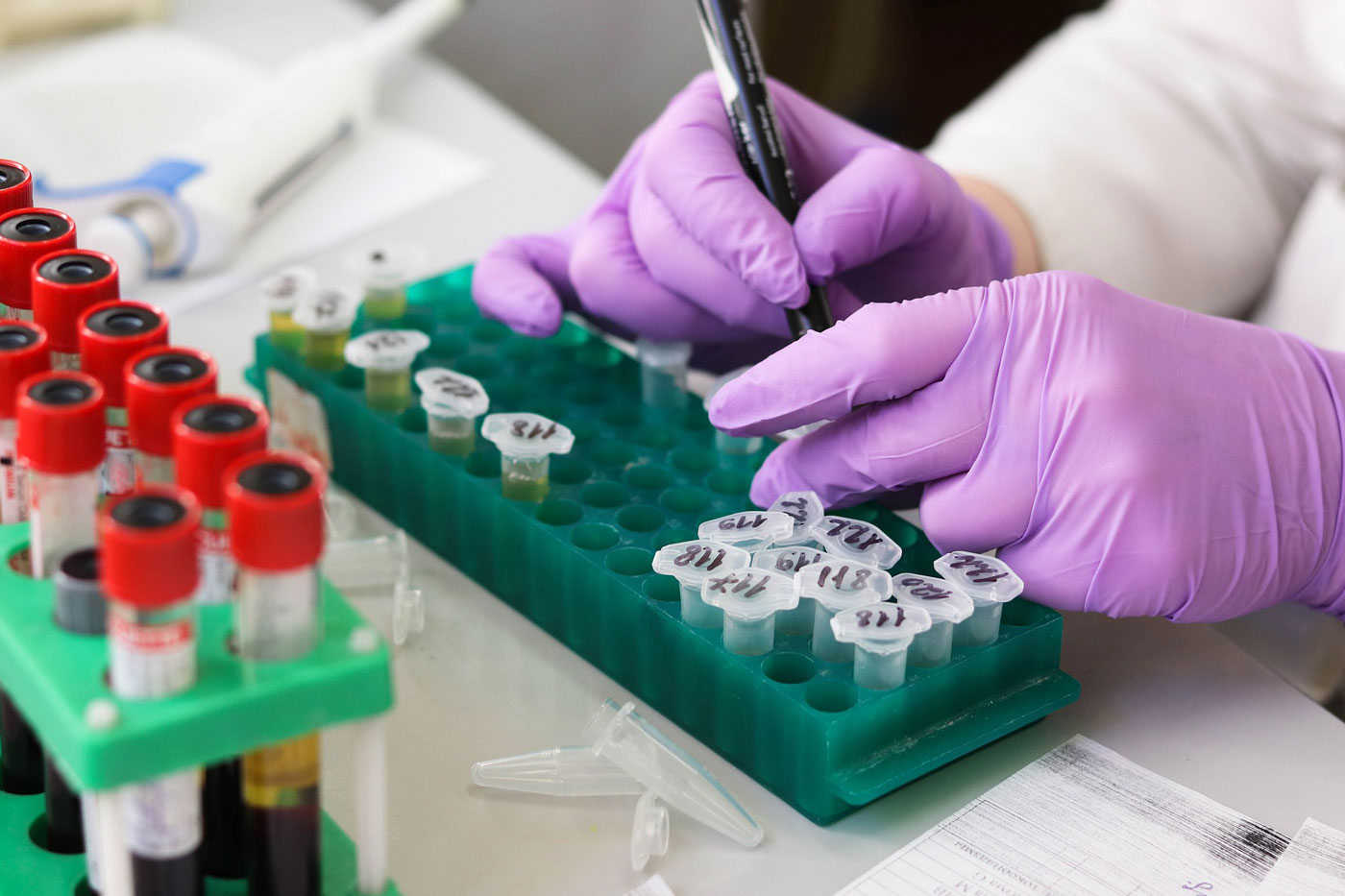Chemical Injury Information Network
A support and advocacy organization for people with Multiple Chemical Sensitivities (MCS) and those that care for them.
Run by the chemically injured for the benefit of the chemically injured and focuses primarily on education, credible research into MCS and the empowerment of the chemically injured.
Become a member
Tests for Chemical Injury
The technology to prove chemically induced injuries is just beginning to catch up with the technology that creates them. No single test has yet been developed that has proven 100% effective in diagnosing all victims, though brain scans are the most promising in this area. Therefore, the Chemical Injury Information Network endorses Dr. Gunnar Heuser's proposal that persons having damage in at least 4 of 7 areas (central nervous system, peripheral nervous system, T-cell subsets, pulmonary, nasal/ sinuses, chemical antibodies, and autoimmune antibodies) are more probably than not, disabled by MCS.
The following tests have been found by CIIN to be helpful in documenting biologic markers for MCS:
To detect chemicals, their metabolites, or heavy metals in the body:
1. Blood tests.
2. Urine tests.
3. Fat biopsies.
Immune system testing:
1. Antibody Assay testing for chemical antibody formation.
2. Activated Lymphocyte Profiles.
3. Autoimmune Disease Profiles.
4. Autoimmune Profiles for nervous system disorders.
5. Allergy testing for foods, molds, pollens, and chemicals.
Metabolic testing:
1. Porphyria
Neuropsychological testing:
1. Complete neurological examination.
2. Positron Emission Tomography (PET) scans.
3. Quantified Electroencephalogram (qEEG) with evoked potentials.
4. Single Photon Emission Computed Tomography (SPECT) scans.
5. Neurobehavioral testing.
a) Halstead-Reitan.
b) Wide Range Achievement Test-Revised.
c) Pittsburgh Occupational Exposure Tests.
d) Tests for concentration such as Digit Span and/or Digit Symbol.
e) California Verbal Learning Test.
Note: MCS victims as a group do not score well on psychosocial adjustment tests such as the MMPI, MMPI-2, PAIS, and the SAS-SR. However, these tests are not appropriate diagnostic tools for MCS in the first place because they interpret any chronic health complaint as psychosomatic in origin.
Other testing considerations:
1. Enzyme testing for cholinesterases, antioxidants, liver, etc.
2. Amino acids profiles: Standard Panel and Neuropsychiatric Panel.
3. Rhinolaryngoscopic examination to check for damage in the nasal passages.
4. Conditions and disorders associated with specific chemical exposures such as aplastic anemia, pulmonary function tests, heart monitoring, detailed and sensitive testing for various organ and/or system damage, etc.